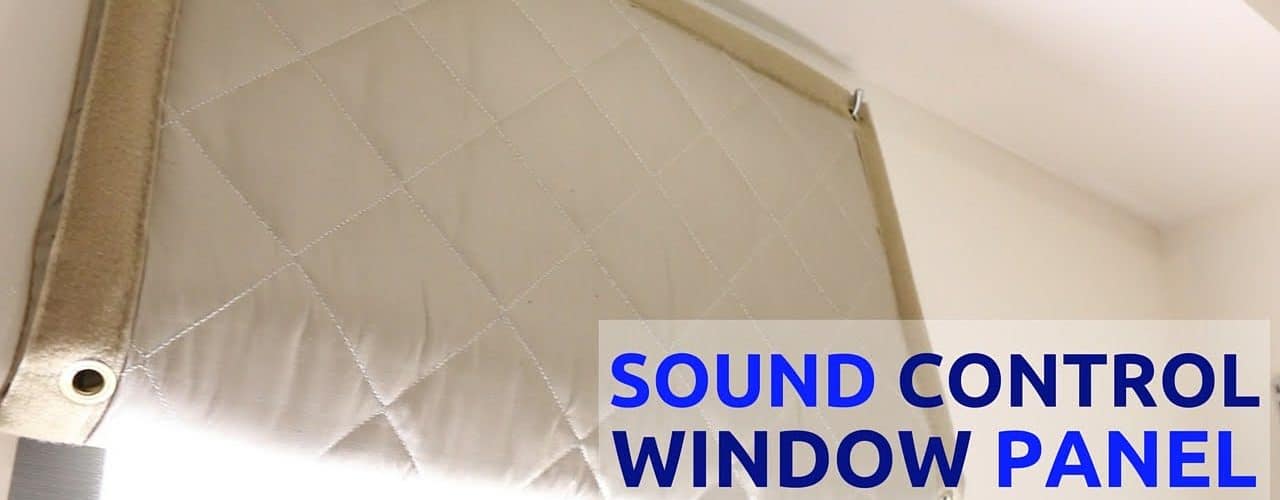We all want to get a good night’s sleep. In today’s hectic world it is becoming more crucial all the time to be at your very best every minute of the day. If you aren’t sleeping well at night because the neighbor’s dog is barking or the traffic is too loud, it can be very difficult to make it through your day.
One of the main ways outside sounds can enter your bedroom is through the window. If you think about it this makes sense. Windows are thinner than the walls and are transparent. Anything that lets in light is bound to let in sound. So, what can you do? Nobody wants to have a bedroom that doesn’t have any window. Sunlight is as necessary to keeping you in a good mood as a good night’s sleep. One answer may be to soundproof your windows.
Soundproofing is a bit of a misnomer. It is virtually impossible to eliminate all sound coming through a window. However, a significant reduction, as much as 90% can be achieved by different methods. Even a 50% reduction in noise levels will make a huge difference in your ability to sleep through the night. Some of the most popular methods are detailed below.
Window replacement: The windows in your house may be old. If they are more than a few years old there is a good chance they are constructed from a single pane of glass. Most modern windows are double or even triple paned, meaning there are either two or three seperate panes of glass in the window with ‘dead air’ spaces between the panes. This is done mainly for insulation purposes, hot or cold air will migrate through a pane of glass but the sealed space between panes will ‘trap’ that air keeping the inside air at a more constant temperature. This construction is also useful for trapping sound waves. Simply replacing your old style windows with newer windows will not only add a lot of insulation value to your home but will cut down the noise transfer.
If this still does not bring the noise down to acceptable levels, or if your budget does not allow for window replacement there are other, less drastic options. Acoustical drapes will go a long way toward cutting down noise transfer. These are basically heavy drapes like those found in motel rooms. They will cut out a lot of light as well, but if you only need noise reduction to sleep you will not want light shining in the room anyway. This is an effective way to reduce noise and stay within a budget.
Another option for soundproofing is to actually cover or fill in the window frame with some type of soundproofing material. This may consist of fiberboard, foam, or professional sound absorbing material. The disadvantage here is going to be looks. A large wad of material stuffed into your window frame is not very attractive. However, as with the acoustical drapes, it can be removed when not in use. If you use this option, take care to cut the material to fit the window frame exactly. If there are gaps left around the edges the effectiveness of your soundproofing material will be greatly reduced.
These are the easiest and most common ways to increase your window’s ability to repel sound. There are many commercial materials available that can be applied directly to the glass. These will also reduce the ability of the window to let light in and are not as easily removed as curtains or foam. They can also be very expensive.
The best suggestion is to start with a low-cost alternative to see if the noise reduction really helps. If so, you may want to try some of the more expensive and involved alternatives. A little money spent is a cheap price for a peaceful and restful night.



